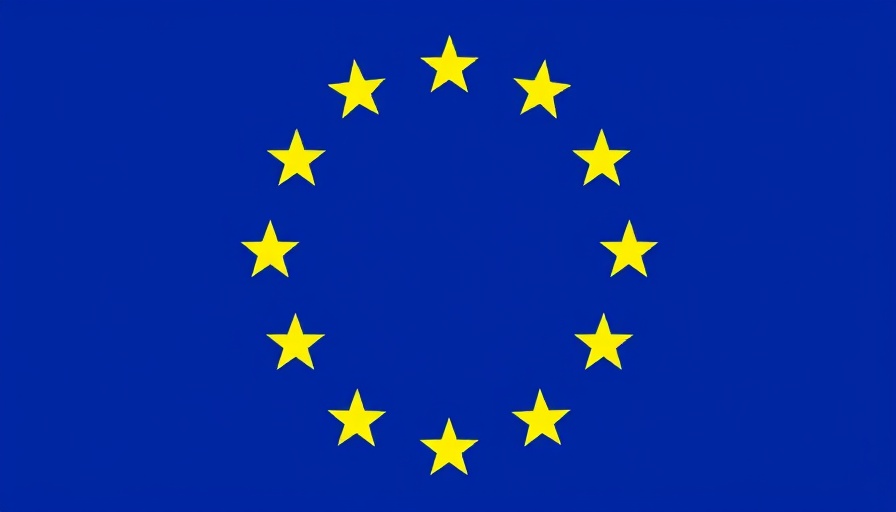
Understanding the European Drone Legislation: A Game-Changer for Hobbyists
In recent years, the world of drone flying has undergone substantial regulatory changes, especially in Europe. The new legislation introduced on January 1, 2021, marks a significant shift in how drones are governed across various European Union (EU) member states. Prior to this change, drone regulations were a complicated tapestry. Each country had its own set of rules, causing confusion for enthusiasts who wanted to enjoy their hobby across borders.
For instance, in Belgium, one might have needed to pay up to 3000 euros for training to receive a drone pilot's license that was not even acknowledged in neighboring countries. This fragmented system discouraged numerous potential enthusiasts from diving into the world of unmanned aerial vehicles.
Unifying Regulations: The Basic Framework
The EU's centralized regulation has simplified the process significantly. Under the new rules, several key points must be adhered to:
- Flight altitude is capped at 120 meters.
- Drone operators must keep their equipment within line of sight.
- Those under 14 years cannot operate drones independently.
- Registration of the drone is mandatory, alongside relevant insurance.
- Potential pilots must complete a free online training course that lasts about 2-3 hours.
This unified approach not only harmonizes regulations across EU countries but also makes the process of flying and enjoying drones much more accessible for hobbyists and professionals alike.
Social Connections: Why These Regulations Matter
The new laws reflect a broader trend across technology and society—standardization is necessary as technological advances emerge. Drones are no longer just toys; they serve numerous practical applications in industry—from surveying land to emergency response. The ability to operate a drone across different countries with a standardized certificate means that businesses can grow without the fear of bureaucratic entanglement.
Counterarguments and Diverse Perspectives
While many drone enthusiasts welcome these changes, some critics argue that the regulations do not fully address safety concerns, particularly concerning privacy or collisions with other air traffic. There is also apprehension that more stringent measures might follow as authorities navigate public sentiment regarding drone usage. Furthermore, obtaining permissions in aviation zones continues to pose challenges and varies by location, leading to possible inconsistencies that hobbyists must be prepared to navigate.
Practical Tips for Drone Enthusiasts
For those eager to experience the exhilaration of flying their drone under the new regulations, here are a few tips:
- Ensure you complete the online training and receive your certification promptly.
- Regularly check local laws for any updates or additional requirements.
- Connect with local drone clubs to stay informed about best practices and share experiences.
With these changes, not only do drone enthusiasts have clearer guidelines to follow, but they also enjoy the assurance of being part of a larger community that advocates for safe and responsible drone operation.
Final Thoughts: Embracing the Future of Drone Technology
The evolution of drone legislation within Europe is a pivotal moment in the journey of drone technology. By fostering cohesion and understanding, these new laws open doors to innovative applications that can benefit various industries and elevate the interests of hobbyists. As we move forward, embracing these changes is crucial for anyone looking to take to the skies with their drones.
 Add Row
Add Row  Add
Add 




Write A Comment